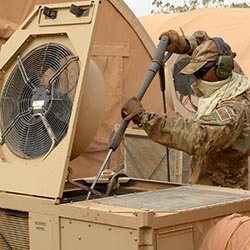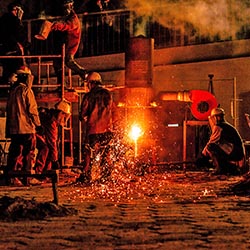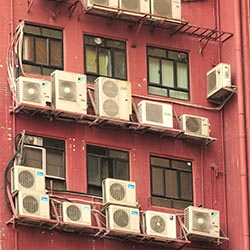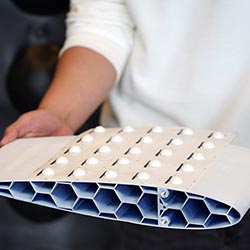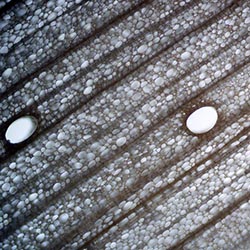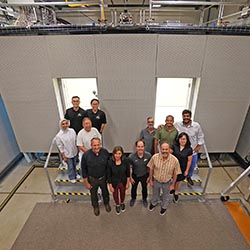June 22, 2023
Air-conditioning the battlefield
There's a battle going on to create more efficient and environmentally friendly refrigeration and air-conditioning systems. But what if those systems are needed on an actual battlefield? The U.S. Department of Defense (DOD) has enlisted Herrick Labs to explore refrigerants that are both sustainable, and safe to operate in combat conditions.

